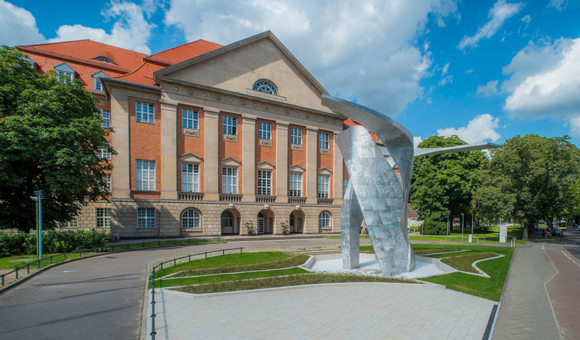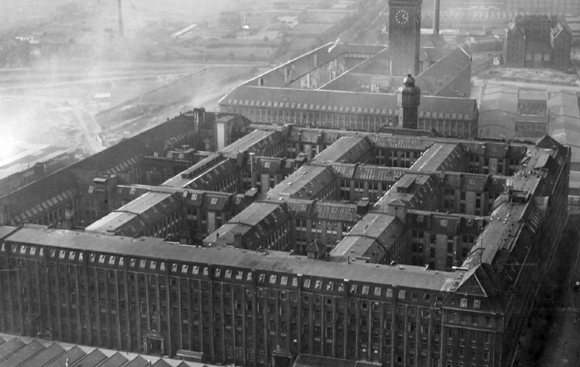Siemens plans major investment in ‘Siemensstadt 2.0’ – including activities in Additive Manufacturing
November 1, 2018

Siemensstadt 2.0 will be one of the largest single investments in the company’s history (Artist’s rendering / Courtesy Siemens AG)
Siemens AG will invest €600 million in ‘Siemensstadt 2.0’, a project which aims to bring industry 4.0 to the historic Siemensstadt industrial estate in Berlin, Germany, which was founded by the company in 1897. The company stated that it plans to transform the area, which covers 70 hectares of industrial land, into a modern urban district for a diverse range of purposes.
As part of the area’s overhaul, the new Siemesstadt will include a number of centres of research and expertise, start-up incubators and research and scientific institutes and their partner companies, strengthening selected key technologies and fields of innovation in collaboration with the scientific and business communities.
Specifically, the company has stated that activities in fields of application including Additive Manufacturing, distributed energy systems and energy management, electric vehicle technology, machine learning, networked assets, the Internet of Things (IoT), artificial intelligence, data analytics and more are to be based in Siemensstadt.
In addition, as part of the agreement with the City of Berlin, a second memorandum of understanding (MoU) for an industrial and scientific campus has been signed with the City of Berlin, Technische Universität Berlin, Fraunhofer-Gesellschaft and the German Federal Institute for Materials Research and Testing (BAM).

Siemensstadt in the mid-1920s, where 15,000 people were employed (Courtesy Siemens AG)
Joe Kaeser, President and CEO of Siemens AG, stated, “The idea behind the founding of Siemensstadt in 1897 was to combine space for working, researching and living to cultivate a beneficial symbiosis for a successful future. Today, too, we need to rethink the future of work. Megatrends like industrialisation and urbanisation will usher in fundamental changes.”
“Working, learning and residential living will be more integrated, and increasing connectivity among people and things will create new ecosystems. Siemens is the global market leader and thought leader in automation and industrial digitalisation. And this leadership is precisely what Siemensstadt 2.0. is all about.”
Michael Müller, Berlin’s Governing Mayor, commented, “I’d like to thank everyone involved and especially the employees of the municipal administration of the city of Berlin. We were able to submit a very good offer to Siemens earlier than the company expected. This was a huge achievement.”
“We’ll continue to pursue the topic ‘digital and social’ – also with the help of this biggest single investment in Berlin – since increasing digitalisation is changing not only the working world but also the lives of many people, just as the Industrial Revolution once did,” he continued. “This commitment to Berlin will generate momentum for years to come.”
“New jobs will be created, the city’s status as a scientific center will be enhanced, and its infrastructure will be further developed. Berlin is becoming more and more a Smart City and thus sending a clear signal: economic modernity and social responsibility go hand-in-hand and are being conceived, tested and lived here.”
Siemens and the City of Berlin stated that their intention in signing the pact for the future is to turn Siemensstadt into one of the company’s most important locations and to strengthen the State of Berlin’s position as a home to forward-looking industries and technologies. It was stated that it expects Siemensstadt 2.0 to be complete and established by 2030.
















